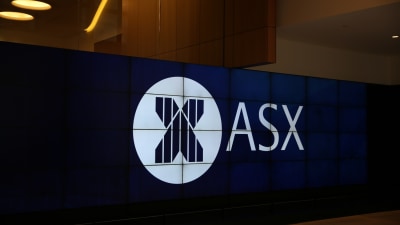Banks continue to defy markets


The banking industry’s low risk business model and balance sheet strength remain largely underestimated by the markets which unfairly view the current recession as comparable to the Global Financial Crisis (GFC), Western Asset said.
However, according to research analysts from Western Asset, Sebastien Angerer and Ivor Schucking, the US banks are now arguably better positioned to handle a severe economic crisis now than at any other time in their history.
“U.S. bank stocks have lost almost half of their value in 2020 due to the negative economic impact of COVID-19 and the resulting hit to shareholder pay-outs as well as the expected diminished earnings power of banks in a lower interest rate environment going forward,” they said.
“From a credit perspective, we argued last month that it’s likely banks will fare better in a global downturn that the market expects.”
The analysts named the six key reasons which allowed them to believe that banks were now “stronger, safer and simpler” than before the GFC:
The banks were not the problem that needed to be fixed;
The seeds of future trouble were not present in terms of rapid balance sheet growth, transformational acquisitions or loose underwriting standards;
The banking system was now being leveraged to be a critical part of the economic solution through massive fiscal and monetary stimulus and regulatory pragmatism;
Recessions tend to be much shorter than the rare financial crisis that occured about once every 25 years and lasts at least five years;
Banks are arguably better positioned in 2020 for an economic crisis than they have been in decades;
Banking industry earnings are the main victim of the current global economic downturn, but bank balance sheets and business models should prove to be much more resilient than what the market expects.
The major US banks all expected the US GDP to shrink by mid-to-high single digits in 2020, but there was sharp disagreement about the duration and ultimate recovery, whether it would be V-shaped or U-shaped.
The IMF forecasted an economic contraction in the US of 5.9% in 2020 followed by a 4.7% expansion in 2021, and an unemployment rate of just over 10.
In its 2019 Dodd-Frank Act Stress Test (DFAST) exercises, the Fed subjected banks to a sharp economic contraction of 10% and an unemployment rate of 10%.
This meant that against this economic backdrop and outlook, the US banks largely missed their consensus earnings in 1Q20, with earnings down roughly by half and with loan loss provisions roughly three times consensus expectations.
However, banks had surprisingly good core, underlying pre-tax provision 1Q20 earnings in terms of relatively flat revenues and expenses with better than expected net interest margins and realised credit costs, the analysts said.
The main areas of expected credit stress for banks were credit cards (roughly 70% of actual 2019 credit losses and 9% of industry loans) followed to a much lower degree by the recent revolver draws from several struggling industries (e.g., retail, transportation, etc.) and the energy loan books (roughly 2% of loans).
Recommended for you
High entry requirements are vital to ensure fund management remains competitive, according to Blackwattle’s managing director Michael Skinner, as the firm approaches its first anniversary.
Forager Funds Management has shared its rationale behind delisting its Australian Shares Fund from the ASX in favour of structuring it as an open-ended unit trust.
Michael Lovett, who left the investment giant just three months after launching its Vanguard Super offering, has taken up a CEO role at an Australian asset manager.
As fund managers look to enhance efficiencies and reduce operating expenses amid active underperformance, former abrdn managing director Brett Jollie shares how to successfully do so.














